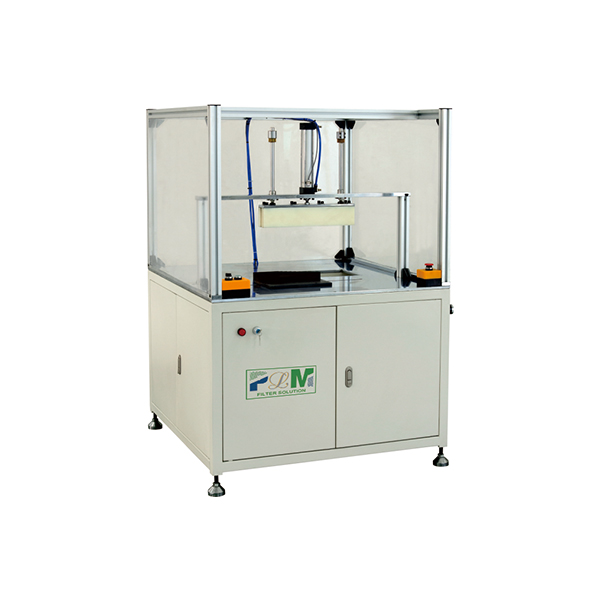Jul . 29, 2024 22:11 Back to list
Exploring the Advantages and Applications of China Pocket Filter Media in Air Filtration Systems
Understanding China Pocket Filter Media A Vital Component in Air Filtration
Air quality has become a significant concern worldwide, prompting industries and individuals to seek effective solutions for filtration. One such solution is the pocket filter media, a critical component in air filtration systems. As various sectors strive to maintain a clean and safe environment, the demand for high-quality air filtration solutions is on the rise, particularly in manufacturing hubs like China.
What is Pocket Filter Media?
Pocket filter media refers to a type of filter that utilizes multiple pockets to increase the surface area for trapping particles from the air. These filters are typically used in HVAC (Heating, Ventilation, and Air Conditioning) systems, industrial applications, and cleanrooms, where maintaining low levels of airborne contaminants is essential. The design of pocket filters allows for more efficient filtering without significantly hindering airflow, making them suitable for various applications.
Advantages of Pocket Filter Media
1. High Efficiency Pocket filters can capture a wide range of particulate sizes, including dust, pollen, mold spores, and even some bacteria. Their multi-pocket design increases the surface area, allowing them to trap more contaminants compared to traditional flat filters.
2. Longer Lifespan Because of their larger capacity for dust and particulate collection, pocket filters generally have a longer lifespan. This leads to reduced replacement frequency and lower maintenance costs for users.
3. Energy Savings Improved airflow characteristics of pocket filters mean that HVAC systems do not have to work as hard to push air through the filter. This can result in significant energy savings over time, making pocket filters an economically viable choice for many facilities.
4. Variety of Options In the market, especially in China, there is a diverse range of pocket filter media available. Users can choose from various materials and efficiency ratings, allowing for customization based on specific air quality needs and budget constraints.
china pocket filter media

The Role of Chinese Manufacturers
China has emerged as a leading manufacturer of pocket filter media. The country is home to numerous companies specializing in the production of high-quality filtration products. These manufacturers leverage advanced technology and materials to improve the efficiency and effectiveness of their filters. Additionally, many Chinese manufacturers are focused on sustainable practices, utilizing eco-friendly materials and processes to produce their filter media.
The competitive landscape in China ensures that prices remain attractive for both domestic and international clients. However, it is crucial for purchasers to consider quality and certifications, as not all products meet the same standards. Buyers should look for filters that comply with international standards such as ISO 16890 or EN 779 to ensure they are receiving high-quality filtration solutions.
Challenges and Considerations
While the production of pocket filter media in China offers many advantages, there are also challenges to consider. Quality control can vary among manufacturers, and some may prioritize cost-cutting over performance. It is essential for consumers to conduct thorough research and possibly partner with reputable suppliers who prioritize quality and have a track record of reliability.
Additionally, the industry is continuously evolving with advancements in technology and materials. Staying updated on the latest innovations in pocket filter media can help users make informed decisions that enhance their filtration needs.
Conclusion
Pocket filter media plays a crucial role in maintaining air quality across various applications. With the growing demand for effective air filtration solutions, China stands out as a key player in the manufacturing of these essential components. As industries strive to create healthier environments for their workers and customers, investing in high-quality pocket filter media from reputable suppliers is a wise decision that can lead to cleaner air and significant cost savings in the long run.
-
OEM PLXB-1 PU Pack Trimming Machine - High Precision, Durable, Cost-Effective Solutions
NewsJun.10,2025
-
High-Performance In Line Fan Filter Trusted In Line Fan Filter Company & Products
NewsJun.10,2025
-
High-Efficiency Water Filter Making Machine Reliable Companies & Products
NewsJun.10,2025
-
Premium Metal Fuel Filter Durable & Efficient for Engine Protection
NewsJun.10,2025
-
Premium OEM 304 Rimmed Filter Disc Custom Stainless Steel Filters
NewsJun.10,2025
-
China PP Air Filter Production Line Automated & High-Efficiency Solutions
NewsJun.10,2025
